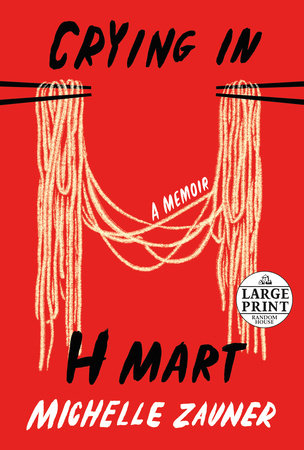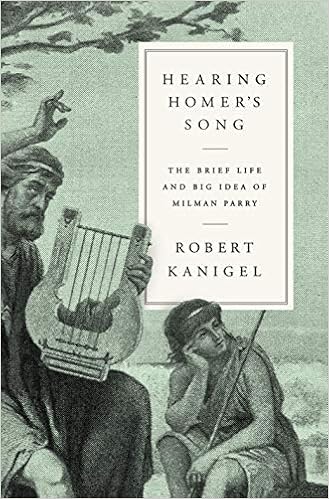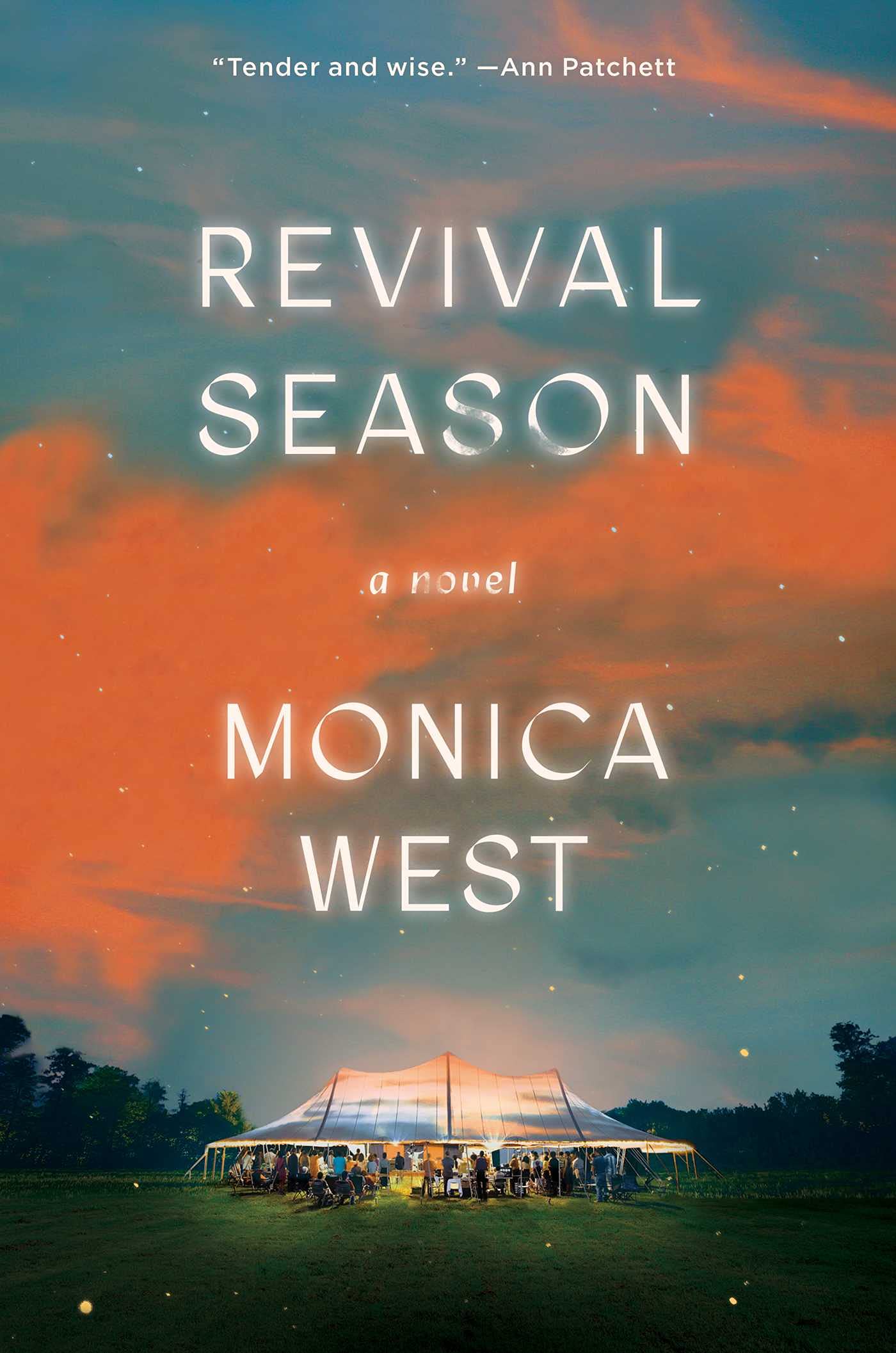
Welcome to the fall semester! We at the library know that this is a busy time for everyone at Duke (including ourselves), but if you have time to read, here are some new recommendations from our New & Noteworthy and Overdrive collections! The titles below represent only a tiny fraction of these collections, so be sure to follow those links to explore them in more depth. For the first time in a long time, too, you can visit our New & Noteworthy collection on the first floor of Perkins, inside the lobby by the Perk. Just be sure to wear a mask!
 The Aeneid by Vergil, translated by Shadi Bartsch. Though there are numerous English translations of Vergil’s epic, Bartsch’s, which was published in the US earlier this year, sets itself apart by striving to be as close to the original Latin as possible in its content and presentation. Unlike most English translations, Bartsch largely preserves Vergil’s rhythm, resulting in often clipped English that starkly contrasts with other high-profile translations of the poem. Accompanying the translation is her introduction, in which she discusses the Aeneid’s continuing political resonance today, over 2000 years after it was originally written. In all, this new translation offers an innovative look at the poem, one that keeps close to Vergil while also rendering the poem accessible to modern-day readers. You can read a review here and an excerpt here.
The Aeneid by Vergil, translated by Shadi Bartsch. Though there are numerous English translations of Vergil’s epic, Bartsch’s, which was published in the US earlier this year, sets itself apart by striving to be as close to the original Latin as possible in its content and presentation. Unlike most English translations, Bartsch largely preserves Vergil’s rhythm, resulting in often clipped English that starkly contrasts with other high-profile translations of the poem. Accompanying the translation is her introduction, in which she discusses the Aeneid’s continuing political resonance today, over 2000 years after it was originally written. In all, this new translation offers an innovative look at the poem, one that keeps close to Vergil while also rendering the poem accessible to modern-day readers. You can read a review here and an excerpt here.
 How the Word Is Passed: A Reckoning With the History of Slavery Across America by Clint Smith. In this book, Atlantic staff writer Smith studies the way the history and legacy of slavery in the United States has been dealt with at nine historic sites (eight in the US, and one abroad). As Smith observes, each site reckons with the subject quite differently—he contrasts, for example, the centering of enslaved people’s lives at Louisiana’s Whitney Plantation with the glorification of the Confederacy at Virginia’s Blandford Cemetery—reflecting the contradictory and tumultuous understanding of slavery present in American culture at large. Smith’s depiction of these sites is multi-faceted and richly described, in no small part because he interviews such a wide range of people, including tourists and tour guides, historians and other experts, and formerly incarcerated people. In presenting such a complex picture of historical reception in the contemporary United States, Smith offers a compelling and extremely relevant read. You can read reviews here and here.
How the Word Is Passed: A Reckoning With the History of Slavery Across America by Clint Smith. In this book, Atlantic staff writer Smith studies the way the history and legacy of slavery in the United States has been dealt with at nine historic sites (eight in the US, and one abroad). As Smith observes, each site reckons with the subject quite differently—he contrasts, for example, the centering of enslaved people’s lives at Louisiana’s Whitney Plantation with the glorification of the Confederacy at Virginia’s Blandford Cemetery—reflecting the contradictory and tumultuous understanding of slavery present in American culture at large. Smith’s depiction of these sites is multi-faceted and richly described, in no small part because he interviews such a wide range of people, including tourists and tour guides, historians and other experts, and formerly incarcerated people. In presenting such a complex picture of historical reception in the contemporary United States, Smith offers a compelling and extremely relevant read. You can read reviews here and here.

 Hearing Homer’s Song: The Brief Life and Big Idea of Milman Parry by Robert Kanigel. In this biography, Kanigel tackles the life of classicist Milman Parry, who died young but proved to be monumentally influential on the field of Classical studies. Though some previous Classical scholars had proposed the idea that Homer, legendary author of the Iliad and Odyssey, was not in fact a real person, it was Parry who first fully fleshed out the idea that the epics were the products of generations of storytelling by countless performers. Kanigel discusses at length how Parry came to this conclusion, including his pointed observations about language and meter in Homer’s poems, as well as his travels to Yugoslavia, where he closely studied the oral traditions of the region’s singers and performers. In the midst of this discussion, Kanigel talks about the often difficult circumstances of Parry’s personal life, including his dysfunctional marriage and untimely death: Parry shot himself at the age of 33 in 1935, but whether this was a suicide, an accident, or a murder at the hands of his wife remains unclear. You can read reviews here and here.
Hearing Homer’s Song: The Brief Life and Big Idea of Milman Parry by Robert Kanigel. In this biography, Kanigel tackles the life of classicist Milman Parry, who died young but proved to be monumentally influential on the field of Classical studies. Though some previous Classical scholars had proposed the idea that Homer, legendary author of the Iliad and Odyssey, was not in fact a real person, it was Parry who first fully fleshed out the idea that the epics were the products of generations of storytelling by countless performers. Kanigel discusses at length how Parry came to this conclusion, including his pointed observations about language and meter in Homer’s poems, as well as his travels to Yugoslavia, where he closely studied the oral traditions of the region’s singers and performers. In the midst of this discussion, Kanigel talks about the often difficult circumstances of Parry’s personal life, including his dysfunctional marriage and untimely death: Parry shot himself at the age of 33 in 1935, but whether this was a suicide, an accident, or a murder at the hands of his wife remains unclear. You can read reviews here and here.
 Revival Season by Monica West. In this novel, West tells the story of teenager Miriam Horton as she accompanies her family on a summer-long tour of Baptist revivals in the South. Her father Samuel, once an exceptionally popular preacher and faith healer on the revival circuit, finds his audience evaporating as word gets out about his physically assaulting a pregnant teenager during the previous summer. This disappointment heightens preexisting tensions between the volatile Samuel and his family, but things get even more complicated for Miriam when she discovers that, unlike her father, she has a genuine ability to heal others. What follows is Miriam’s gradual coming-of-age, and the discovery of her individual spirituality, as she navigates her relationships with her father, mother, sister, and various others. In bringing Miriam’s story to life, West offers a thoughtful and enjoyable—though sometimes intense—meditation on African-American evangelicalism, patriarchy, and general spirituality. You can read reviews here and here.
Revival Season by Monica West. In this novel, West tells the story of teenager Miriam Horton as she accompanies her family on a summer-long tour of Baptist revivals in the South. Her father Samuel, once an exceptionally popular preacher and faith healer on the revival circuit, finds his audience evaporating as word gets out about his physically assaulting a pregnant teenager during the previous summer. This disappointment heightens preexisting tensions between the volatile Samuel and his family, but things get even more complicated for Miriam when she discovers that, unlike her father, she has a genuine ability to heal others. What follows is Miriam’s gradual coming-of-age, and the discovery of her individual spirituality, as she navigates her relationships with her father, mother, sister, and various others. In bringing Miriam’s story to life, West offers a thoughtful and enjoyable—though sometimes intense—meditation on African-American evangelicalism, patriarchy, and general spirituality. You can read reviews here and here.






